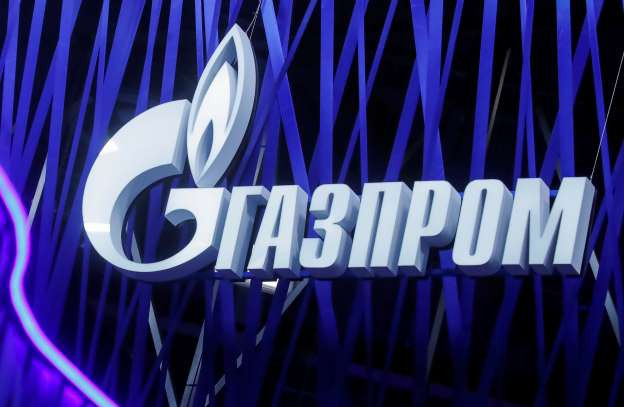Gazprom, Russia's biggest petrochemical producer, is bound to sign a gas supply agreement with China that will increase the capability of a plant to supply liquid petroleum gas (LPG) to the Chinese market turning out billions of dollars in revenue.
Beijing's economic deal with Gazprom would have another Russian giant petrochemicals company, Sibur, and its oil and gas enterprise Chinese partner, Sinopec, having an Amur plant gas output increase by 80 percent.
Sinopec has a 10 percent stake in Sibur, while another 10 percent is held by China's Silk Road Fund.
The Silk Road Fund is state-funded for economic investments in countries along the One Belt, One Road, an economic development initiative covering Eurasia.
The Power of Siberia pipeline, together with the Amur plant and China's funding for Russian liquid natural gas production plants is a sign of the growing business ties between Moscow and Beijing.
People knowledgeable with the talks for the forthcoming deal say the preliminary, in-principle agreement, is set to get signed at an economic forum in Vladivostok, Russia next week.
Since Russian President Vladimir Putin's planned ties with the west didn't work out, the Amur chemical plant became one of the most lucrative in a number of Sino-Russian deals he acquired.
Though Russia is the largest oil and gas exporter, it wants to concentrate on its petrochemical industry to increase the value of its hydrocarbon reserves as an alternative from relying on sales of their raw energy products.
Sibur and Sinopec already signed a joint agreement in June that would give Sinopec a 40 percent stake which could lead to building a larger plant in Amur.
Expansion of the plant to also use LPG would raise the project's costs from an estimated $7bn-$8bn to $10bn-$11bn.
China is one of the largest consumers and importers of LPG.
Russia's Irkutsk Oil (INK) shipped 2,300 tons of propane and butane mixture to China in just over 10 days.
According to Chinese customs, the country's LPG imports rose to 9.79 million tons, with a growth rate of 3.4 percent year-on-year in the first half of 2019.
Terms of the Chinese and Russian deal would have Gazprom not only supplying the Amur plant with 2m tons of ethane a year, but it would also supply 1.1m-1.5m tons of LPG.
Russia's government applying a negative excise tax on LPG would greatly influence Sibur's investment decision on the size of the Amur plant.
The first route to supply Russian gas to China is the Gazprom's Power of Siberia pipeline set to open in December.
Both LPG and ethane would be refined from Siberian natural gas pumped through this pipeline.
Finalization of a decision on the Gazprom-China deal will be before the end of 2019 with construction to last until 2024.





